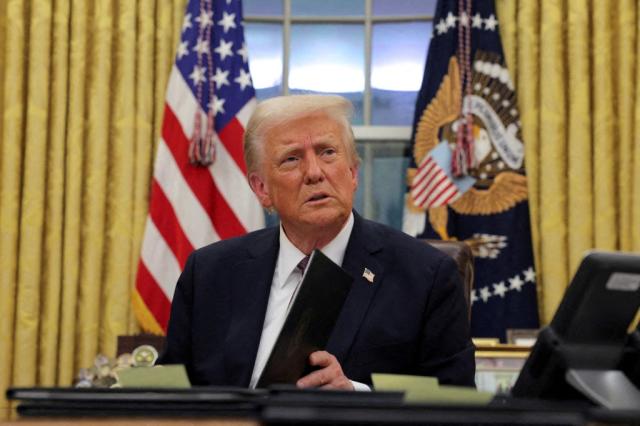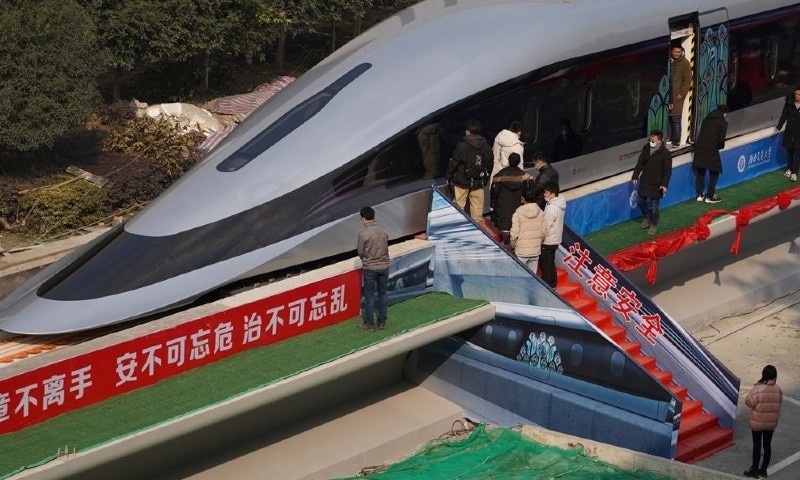President Donald Trump has proposed implementing “reciprocal” tariffs, aiming to match the duties that other countries impose on U.S. exports. This move signifies a significant shift from the longstanding U.S. policy of advocating for lower global trade barriers. Economists warn that such tariffs could disrupt businesses and escalate geopolitical tensions. The administration has already increased tariffs on goods from China, as well as on foreign steel and aluminum, and is considering higher tariffs on imports from Canada and Mexico. Critics argue that these measures may lead to higher consumer prices and question their effectiveness in reducing trade deficits.
Trump’s Reciprocal Tariffs Challenge Decades of Trade Policy


